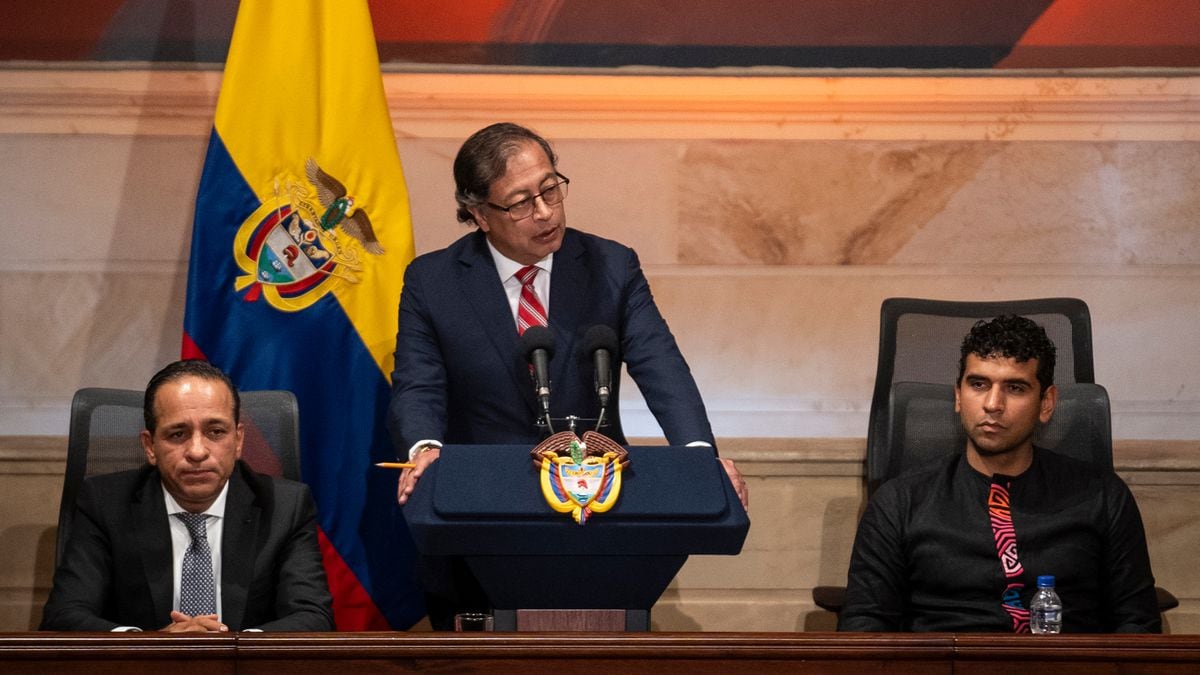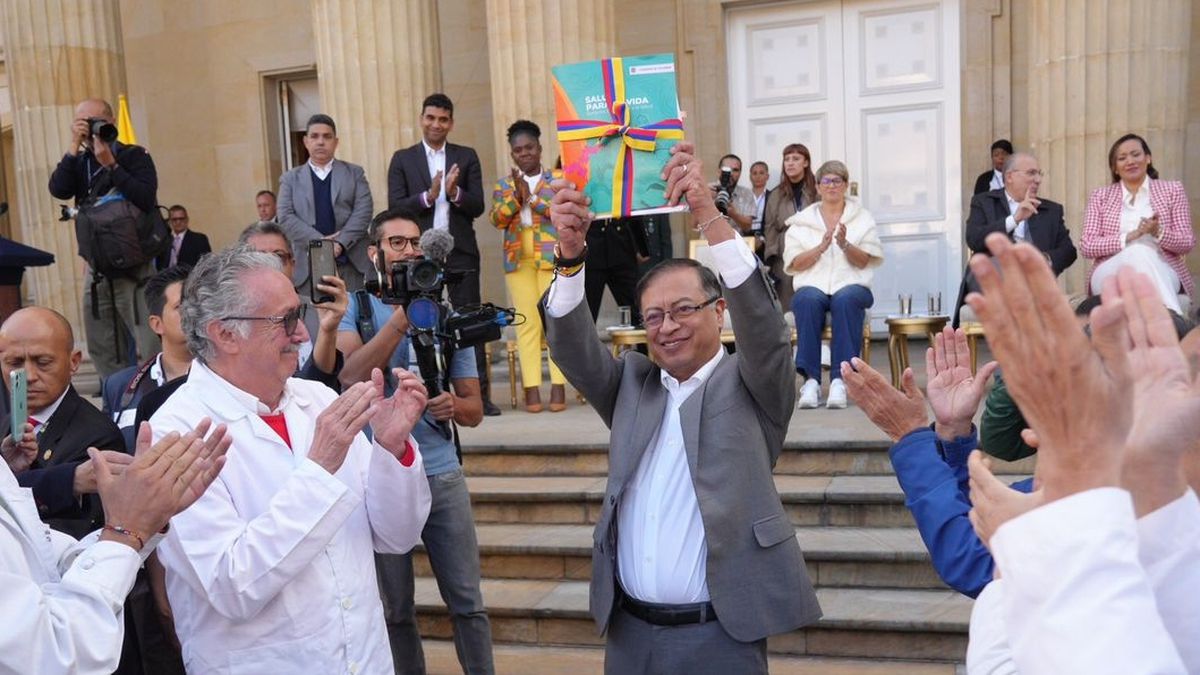8 of the 18 ministers appointed by the elected president of Colombia, Gustavo Petro.
Gustavo Petro has maintained uncertainty about his cabinet until his presidential inauguration.
During the last week, while the country was learning the details and symbols that will surround the historic ceremony of Colombia's first left-wing president, little was known about the appointment of ministers and directors of important state portfolios.
Until this Friday, he had appointed only 8 of 18 ministers, leaving an image of disorder for the beginning of his administration and in a kind of interim ministry officials who remain headless.
It remains to be seen who will be in charge of the country's decisive portfolios such as Mines and Energy, Justice, the Interior, Transport or Telecommunications, not to mention key State entities such as the National Planning Department.
For now, he has appointed José Antonio Ocampo, for the Ministry of Finance;
Álvaro Leyva Durán, for Foreign Relations;
Cecilia López, for Agriculture;
Patricia Ariza, for Culture;
Carolina Cork, in Health;
Susana Muhamad, for the Ministry of the Environment, Alejandro Gaviria, for the Ministry of Education;
and Iván Velásquez, to the portfolio of the Ministry of Defense.
With them, he has sent messages to different sectors of society and pointed out some of his priorities.
Contrary to the message of political renewal that he offered during the campaign, he has opted for a group of men and women over 60 years of age, with experience as ministers in previous governments;
another group of middle-aged people, but also with experience in their respective sectors.
A difference with the high officials of the Government of Iván Duque, whose cabinet was made up of friends of the president without much experience in the public sector.
Reduce business fear
Aware of the urgency of giving signs of calm to the markets, he appointed Ocampo, whose experience - he had already been Minister of Finance during the government of the liberal Ernesto Samper, has been a professor at Cambridge, Yale, Oxford, Columbia - and his neostructuralist outlook of the economy, seek to overcome the fear of businessmen.
Ocampo belongs to this trend, which is a contemporary version of the ECLAC (Economic Commission for Latin America and the Caribbean) school.
“It is a school that points out that a macroeconomy that avoids strong economic cycles and that promulgates a productive State policy is important,” he explained to EL PAÍS.
And also in the post-Keynesian school.
Ocampo, who during the campaign was with Sergio Fajardo,
On the other hand, with the election of Leyva Durán, as foreign minister, Petro places the search for peace at the center of his mandate.
Conservative, negotiator in different peace processes, he has been perhaps one of the most active before taking office.
He has already spoken of "total peace" and has met with the Catholic Church to advance possible rapprochements with the ELN, the last active guerrilla group in Colombia.
The incoming government aims to recover a diplomacy of peace in which it seeks to get closer to its neighbors.
Although he is not foreign minister, this rapprochement with Latin America will also be supported by Vice President Francia Márquez, who has already made an unofficial tour of some countries in the south of the continent such as Argentina, Chile, Brazil and Bolivia.
Another of his priorities, linked to peace, is to carry out the always postponed agrarian reform, which is the number one point of the peace agreements with the FARC.
For this challenging task, once again, he opted for experience and appointed Cecilia López, who already held that position in the Samper government (94-98) and considers herself a "liberal" although she had long since resigned from that party. .
It remains to be seen from which political parties or specters the missing ministers come from, but at least two: Ocampo and Alejandro Gaviria represent the center and come after the failed Centro Esperanza Coalition.
Gaviria, who was also Minister of Health during the Government of Juan Manuel Santos, reaches the Education portfolio.
From the core of Petrismo are the Minister of the Environment, Susana Muhamad;
Carolina Corcho, the Minister of Health, whose appointment caused controversy in some academic sectors;
and Patricia Ariza.
With the latter, Petro sent a message to the artists and creators who have worked for peace and distance themselves from the so-called Orange Economy, promoted by Duque.
A separate case is the appointment of the former auxiliary magistrate of the Supreme Court of Justice, Iván Velásquez, who will be in charge of the Ministry of Defense.
The appointment of him, which fell ill among the uribismo.
Velásquez investigated the parapolitical call and received testimonies from paramilitary chiefs who denounced his relations with politicians.
Sixty congressmen, many from the Uribe political formation —among them Mario Uribe, cousin of the then president—, were convicted.
Although he was expected to be in the Justice Ministry, Petro chose to place him at the head of a discredited military force involved in corruption cases.

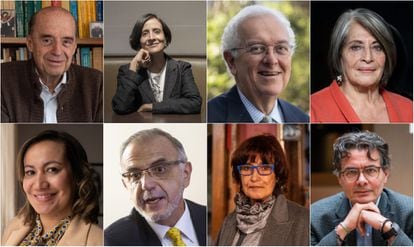
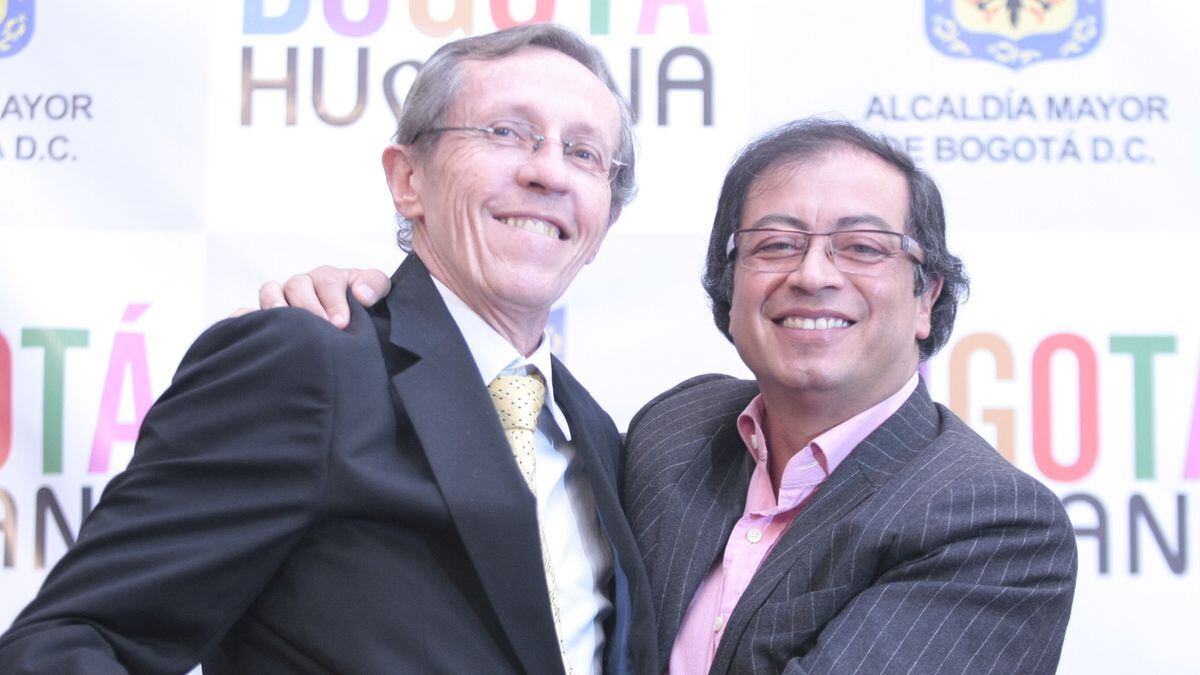
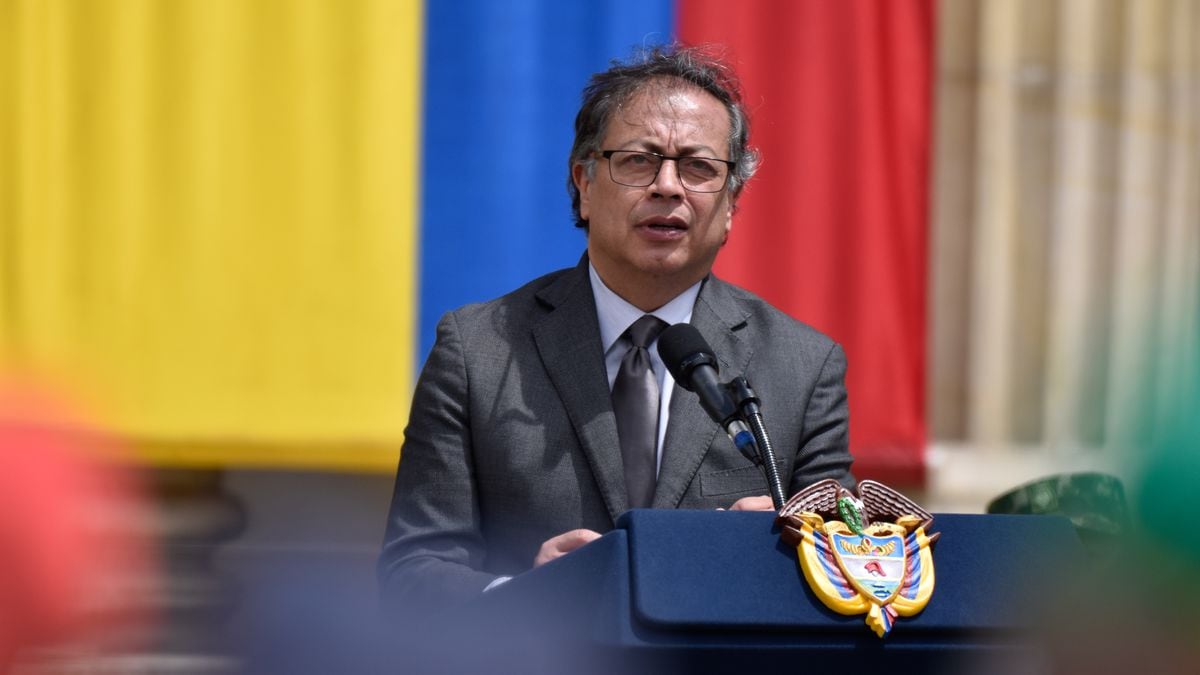

/cloudfront-eu-central-1.images.arcpublishing.com/prisa/RYAE4R2YX5G7LGEJQ74SXZI47A.jpg)

